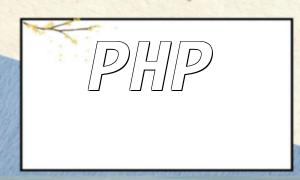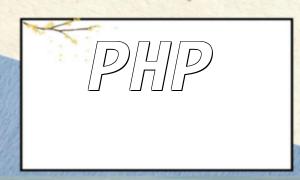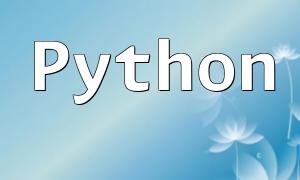In PHP development, good coding standards are crucial. Not only do they improve code readability and maintainability, but they also reduce the likelihood of errors in collaborative environments. This article will introduce common PHP coding standards and show how to optimize the development process with sample code.
$myVariable = "Hello World";
function calculateSum($a, $b) {
return $a + $b;
}
class MyClass {
// Class content
}
define("MAX_LENGTH", 100);
if ($condition) {
// Code block
}
$result = $a + $b;
$condition = $x > $y;
// Calculate the sum of two numbers
function calculateSum($a, $b) {
return $a + $b;
}
/*
* This is a complex function that performs the following tasks:
* 1. Retrieves user input
* 2. Processes the data
* 3. Returns the result
*/
function complexFunction() {
// Function body
}
if ($condition) {
// Code block
}
$result = calculateSum($a, $b);
if ($result > 10) {
// Code block
}
try {
// Code that might throw an exception
} catch (Exception $e) {
// Handle the exception
}
try {
// Code that might throw an exception
} catch (Exception $e) {
// Log the error message
error_log($e->getMessage());
// Other error handling logic
}
By familiarizing yourself with and applying the PHP coding standards outlined above, you can significantly improve development efficiency and code quality. When working in a team, adhering to the same coding standards reduces code conflicts and errors, while enhancing maintainability. We hope the content of this article helps you better optimize your PHP development process.









